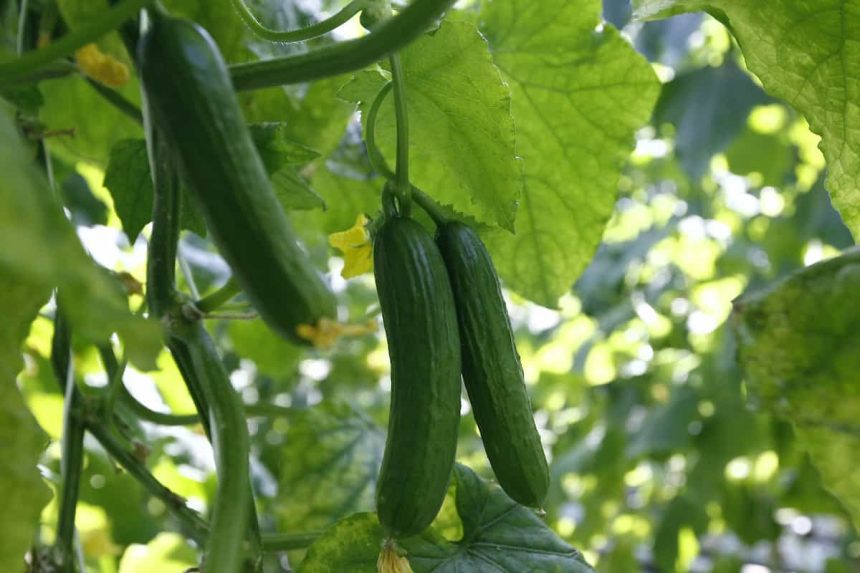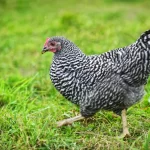I really enjoy growing vegetables in my garden at home, and I’ve been very successful at growing cucumbers over the years. But, I’ve also made some mistakes when deciding what to plant next to my cucumbers, which made them not grow as well as they could have. After trying different things and learning from my mistakes, I now know that you have to think carefully about what you plant close to your cucumbers, because some plants don’t make good neighbors for them. In this article, I’m going to share what I’ve learned from my own experience about what plants you shouldn’t put near your cucumbers if you want them to grow their best.
Tomatoes – Give Them Space

The most common vegetable that people want to plant next to cucumbers are tomatoes. And I totally understand the urge to put them side-by-side. In my garden design for many years, I always had my tomato and cucumber plants right next to each other. However, I noticed that neither veggie performed as well as they could. The tomatoes would get some type of mildew on their leaves and the cucumbers would be stunted. It wasn’t until I researched companion planting that I realized tomatoes and cucumbers are not friends in the garden.
The reason is that both tomatoes and cucumbers are prone to powdery mildew, so when they are planted close together, the humidity gets too high which allows powdery mildew to take hold. The mildew then spreads quickly between the two plants, reducing health and yields.
So now I always make sure to separate my tomatoes and cucumber beds. I plant my tomatoes on one side of the garden and have my cucumber trellises set up on the opposite side, with other plants filling the space between them. Both veggies are much happier and more productive when given their space.
Potatoes – It Stunts Their Growth
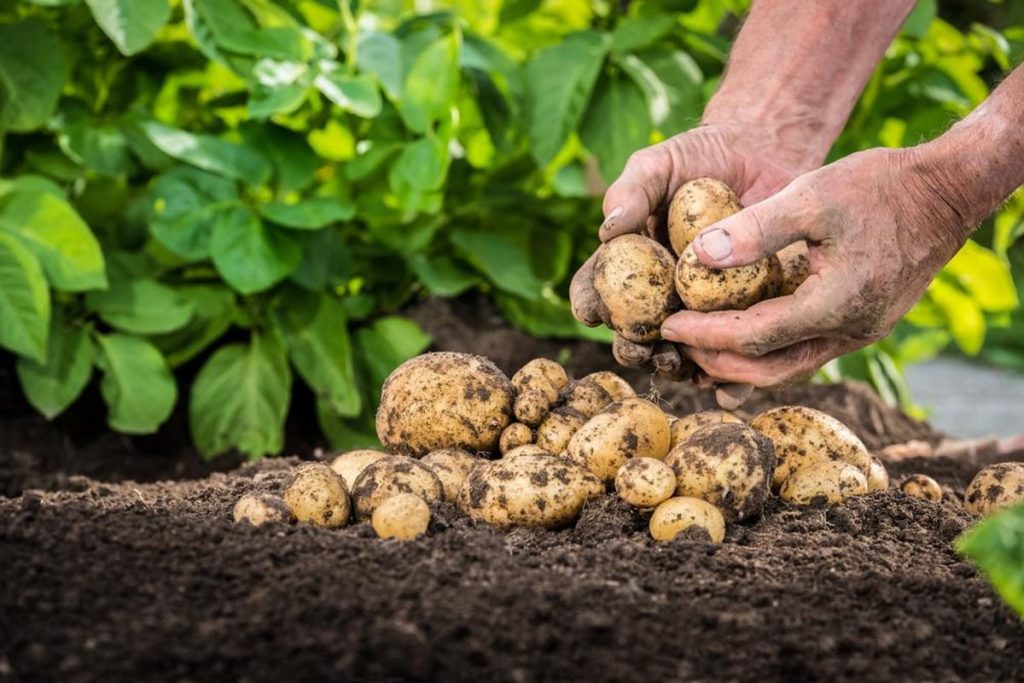
Another vegetable you may think to plant near cucumbers are potatoes. But let me save you the trouble – it’s a bad idea! One season I decided to dedicate a large square garden bed to cucumbers and potatoes together. I created a little divider through the middle and planted cucumber seedlings on one half and potato pieces on the other.
As the plants began to grow, I started noticing the cucumbers seemed a bit small and were not vining out properly. When I went to dig up the potatoes, they were also quite small and stunted in size. Through more research, I realized that is a common effect when potatoes and cucumbers share space.
Something about the chemistry between these two plants limits their proper growth. So now I’m careful to give my cucumber vines and potato plants their own separate garden beds. I use rotational planting from season to season for the healthiest soil. Both crops are much more abundant when given the space they need. Don’t make the same mistake I did!
Watermelons & Squash – They Outcompete

If you have limited garden space like me, you may think planting watermelons or squash as companions with cucumbers is clever. I tried this in my small backyard garden since they are all vining crops. However, the watermelon and squash plants turned into bullies. As they grew bigger and more robust, they totally overpowered my poor cucumber vines.
I could see it happening right before my eyes as the watermelon leaves got absolutely gigantic. They quickly created a canopy of leaves that blocked nearly all sunlight from reaching my cucumber trellis. The cukes struggled to vine and set fruit without enough energy from the sun. It was an epic fail that taught me watermelons need a very wide space all to themselves. And squash, while not quite as aggressive, also hindered the growth of my more delicate cucumber vines.
So I recommend not mixing your cucumber planting area with watermelon or squash beds, unless you have tons of room for proper spacing and plant separation. Pick companion plants carefully for compatibility if you have limited space!
Basil – It’s Muy Caliente!
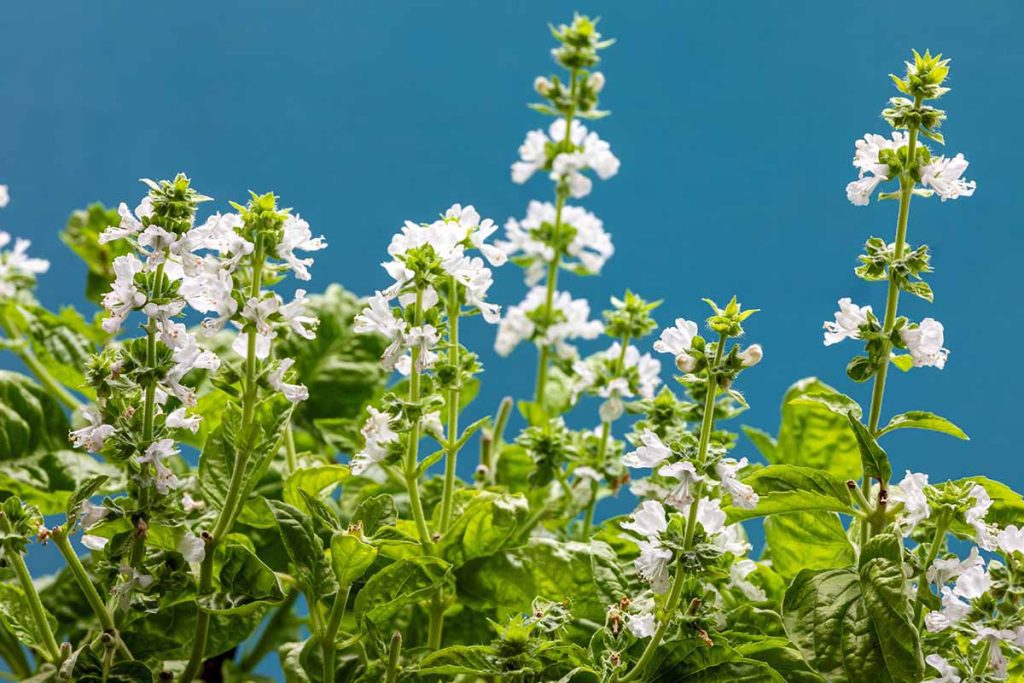
Here’s a companion planting mix-up I made that may surprise you – basil and cucumbers do NOT make good garden neighbors. I love having fresh homegrown basil to make pesto, so I decided to use some empty vertical space in my cucumber bed one year by planting basil. I set a basil plant upright in the soil at the base of my cucumber trellis. And on the surface, it seemed like a fine idea.
However, as they began actively growing, I realized the problem. Cucumbers thrive in average temperature conditions. But basil loves the heat! That single basil plant raised the soil temperature at the base of my cucumber vines. And it apparently made things too hot for their liking. Growth was slow, vines were shorter and my yield was low.
So I would not recommend planting basil anywhere near your cucumbers. Find a nice sunny spot a distance away from the cukes instead!
Peppers – Keep Them Separated

Here is another classic vegetable pairing in many gardens that I learned the hard way not to mix – peppers and cukes. I used to interplant bell peppers and cucumbers together in cozy rows in my beds. However, one season when insects and fungus hit hard, my plants suffered tremendously. I had a full-on pest epidemic that completely destroyed my garden!
As I did more research, I found out that cucumbers and peppers can make cultivation difficult for each other. Peppers need plenty of airflow, but having vining cucumber plants entangled with them traps moisture and humidity. This can foster diseases that devastate both crops. The optimal climate conditions don’t match up well for these two veggies.
Additionally, peppers and cucumbers share some common insect pests and fungus pathogens. So when planted together, it just amplifies the problem! Bugs and diseases will bounce happily back and forth between hosts all in one bed. So do yourself a favor – put space between your cukes and capsicums. I haven’t had any issues since giving them their own separate plots!
Fennel & Dill – Bad Plant Breath?
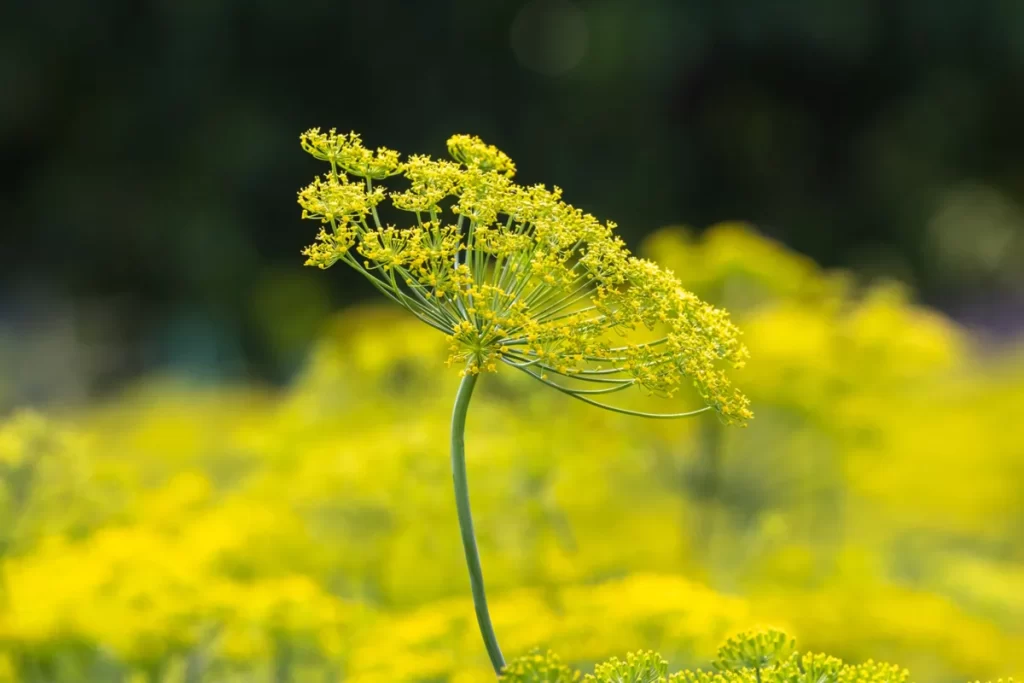
To round out this list, two last herbs you may assume are suitable cucumber companions that turned out to be trouble are fennel and dill. These plants both seem compatible at first glance. But after some research I now know they are not buddies when it comes to coexisting closely with cucumber vines.
In one weird season, I had interspersed fennel and dill throughout my cucumber bed. The long wispy herb leaves and the sprawling cuke vines looked nice together initially. However, my cucumber plants soon grew slowly and seemed weak and stunted. The harvest was pretty miserable no matter what I tried. Perplexed, I searched online to discover reports that fennel and dill emit chemicals from their roots that inhibit cucumber growth! Who knew herby plant breath could wreak such havoc!
Even small immature fennel and dill seedlings rooted near cucumbers can cause issues apparently. So now I grow my fennel and dill in an isolated herb garden well away from my precious cukes. Don’t underestimate the power of living plants to chemically influence their neighbors! Botanical warfare is real in the garden. Keep it peaceful with smart compatible plant pairings for best vegetable outcomes.
How To Care For These Plants
| Plant | Sun Exposure | Soil Needs | Watering Needs | Ideal Temperature |
|---|---|---|---|---|
| Tomatoes | At least 6 hours of sun per day | Nutrient-rich, well-draining soil | Consistent moisture, about 1-2″ per week | Day temps 70-85°F, night temps 60-70°F |
| Potatoes | 6+ hours of direct sunlight | Loose, well-drained soil high in organic matter | Consistent moisture | Day temps 60-70°F, night temps 50-60°F |
| Watermelon | Full sun | Rich, well-drained soil | Lots of water when fruiting | 70-85°F |
| Squash | Full sun | Fertile, well-drained soil | Consistent moisture | 70-95°F |
| Peppers | At least 6-8 hours full sun | Well-drained, nutrient-rich soil | About 1″ per week | 70–80°F |
| Basil | At least 6 hours sunlight | Well-drained, nutrient rich soil | Water when top inch becomes dry | 65–85°F |
| Fennel | 6+ hours sunlight | Rich, well-drained soil | Moderately moist | 60-85°F |
| Dill | Full sun | Loamy, well-drained soil | Moderately moist | 60-70°F |
FAQs
The worst vegetable companions for cucumbers are tomatoes, potatoes, squash, watermelons, peppers, fennel and dill. All of these plants can stunt the growth of cucumbers or lead to the spread of harmful pests and diseases.
Both tomatoes and cucumbers are susceptible to powdery mildew. When planted in close quarters, the increased humidity from these two plants fosters powdery mildew growth, reducing health and yields.
No, cucumbers and peppers are not compatible planting partners. When grown together, they can trap moisture and humidity which leads to harmful fungal and bacterial diseases devastating both crops. They also share some insect pests.
No, potatoes and cucumbers should not be planted together. Something in the chemistry between these two plants stunts proper growth when sharing space. Give them their own separate garden beds for abundant harvests.
Dill, even just seedlings, gives off chemicals from it’s roots that inhibit cucumber growth. This causes cucumber plants to grow slowly and appear weak and stunted when dill is planted nearby.
Conclusion
I hope my gardening flubs and lessons learned can help you avoid making the same cucumber companion planting mistakes that I did! When designing your vegetable garden beds this season, be sure to give your cucumbers plenty of space from tomatoes, potatoes, watermelons, squash, peppers, basil, fennel and dill. Your cukes will reward you with vigorous vines and a bountiful harvest when planted with truly compatible plant neighbors. Let my trials and errors provide useful wisdom for your productive garden!


